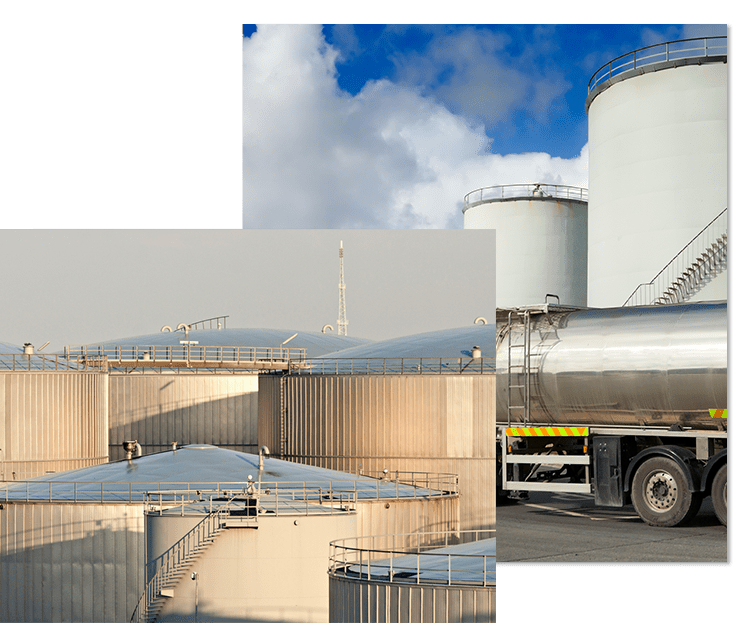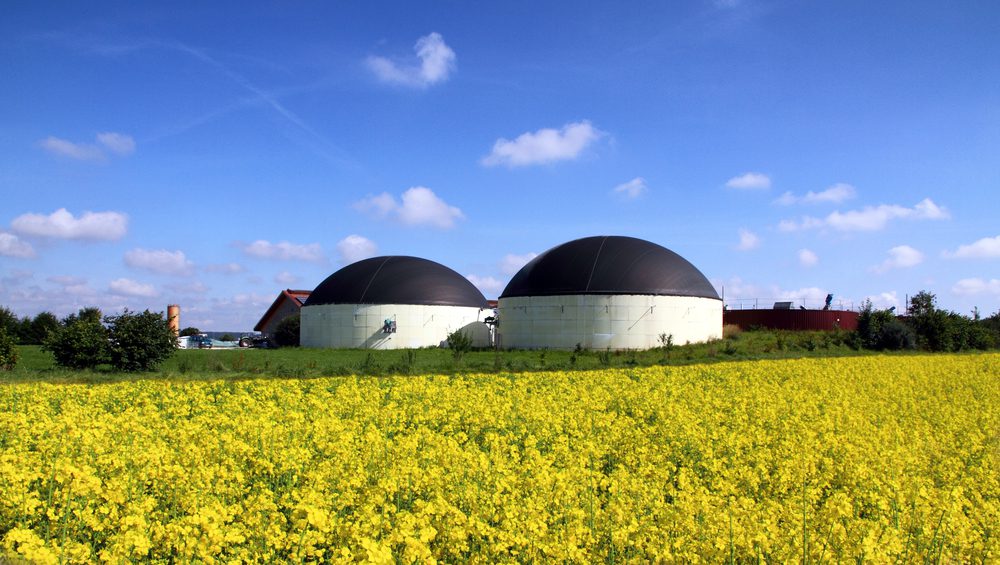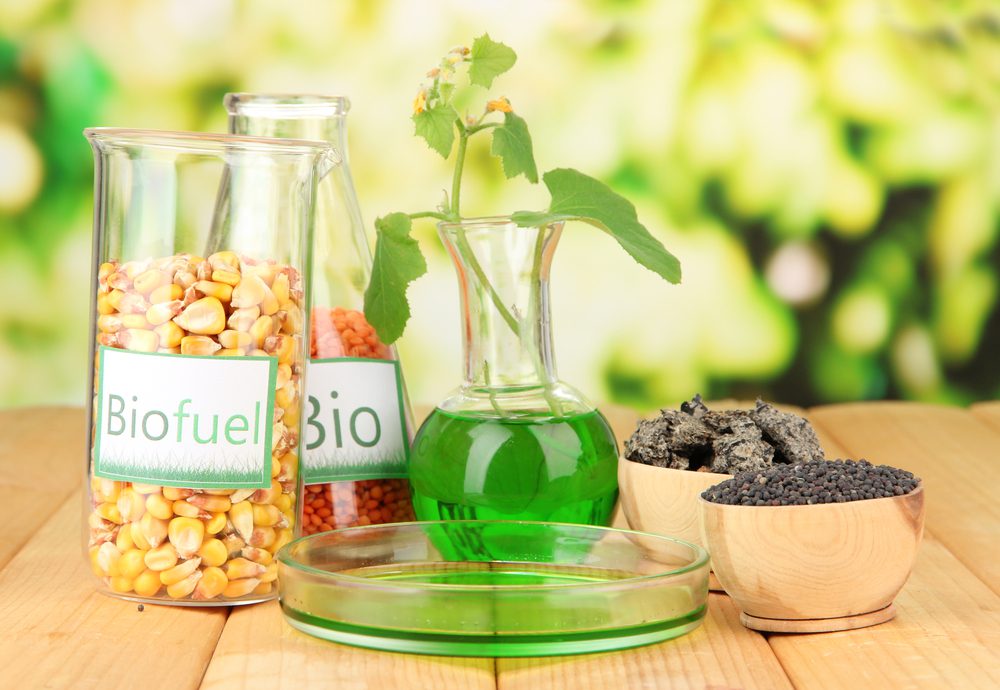PROGRESSIVE BIO FUEL OPTIONS IN PORTLAND
At Star Oilco., we’ve been passionate about next generation fuels since we launched our company in 1936. Over the course of 80 years, we have sold wood, coal, solar heat, petroleum and biofuels, with biofuels being one of our biggest and progressive investments. Rudolf Diesel — inventor of the first vegetable oil (biodiesel) powered engine — is certainly right about the relevancy of biodiesel today. The positive impacts that biodiesel has had on our industry is undeniable and at Star Oilco. we’re committed to continuing its legacy.
Back in 2001, we began to actively develop a biofuels program seeking to deliver both biodiesel and ethanol to our customers with the same convenience as petroleum and the results were worth our efforts. In 2006, Star Oilco. sold over 600,000 gallons of B99. By 2007, 20% of our heating oil profits are sourced from biodiesel deliveries.
Star Oilco is committed to offering the most cutting-edge fuel alternatives because we know it’s what’s best for our environment, economy and diesel equipment. Our biodiesel is renewably made in our home state of Oregon. We offer stable prices with local suppliers and are proud to support farmers, while reinvesting your fuel costs back into the U.S. economy.

Best prices in town for Biodiesel.
Very Friendly local Portland Oil Company! They have the Best Biodiesel prices in town – and the people who work there are always reliable and communicative. Their oil truck is cool too – it makes the perfect background for a “selfie”.
They always take care of you and they will not let you down..
Star Oilco is like calling a good friend. They always take care of you and don’t let you down. We have appreciated their great customer service for years, but they really came through for us today, in the middle of an ice storm, they delivered heating fuel to our house. Star is a great Portland family-owned oil company and they take their customers seriously. Thank you to Mark, Joanne and Nicole for making sure we were warm this cold weekend.
WHAT IS BIODIESEL?
Biodiesel is a renewable fuel that is domestically produced from either animal fats, vegetable oil or recycled restaurant grease for use in any vehicles or machinery that runs on diesel fuel. It is most often used as a blend with petroleum diesel since the two have very similar properties. Biodiesel also raises the cetane number and improves fuel lubricity, which reduces ignition delay and wear on your vehicle parts.


We like to view biodiesel as a technology, as it’s always in a state of progression. Biodiesel is a renewable, cleaner-burning fuel that helps Portland fleets cut emissions and lower their carbon footprint. B100 can reduce CO₂ emissions by over 75%, while common B20 blends still deliver meaningful reductions. It improves lubricity and engine life, works seamlessly in most diesel engines and fueling systems, and offers added safety with a higher flash point plus nontoxic, biodegradable properties. For businesses, biodiesel provides reliable performance, consistent mileage, and fewer maintenance issues, all while supporting sustainability goals without major equipment changes.
Biodiesel is a renewable fuel that has very little impact on our environment. It is safe to handle, store and transport. And in the case of a spill, it is much safer than regular diesel since it is less combustible. Biodiesel is nearly green-house gas neutral with significant reductions in CO2 levels. Lastly, it reduces harmful diesel emissions such as particulate, carbon monoxide and others.
Biodiesel is both cleaner and renewable, making it an important fuel option for Portland fleets and businesses looking to cut emissions. One of its biggest advantages is the significant reduction in greenhouse gases. Using B100 (100% biodiesel) can lower carbon dioxide emissions by more than 75%, while even a common B20 blend (20% biodiesel mixed with 80% petroleum diesel) can reduce emissions by around 15%. Because biodiesel is made from renewable, organic materials like vegetable oils and recycled fats, it delivers lifecycle benefits that go beyond tailpipe emissions. The plants used to produce biodiesel absorb carbon dioxide as they grow, creating a closed-loop cycle that helps offset emissions when the fuel is burned. Here in Oregon, biodiesel also plays a vital role in meeting the state’s Clean Fuels Program requirements, helping local fleets, construction companies, and businesses stay compliant while supporting sustainability goals.
One of the greatest things about biodiesel production is that it is made in the USA and more specifically creates jobs in agriculturally reliant communities that have high unemployment rates. Being that it is a domestically produced oil, the purchasing of biodiesel keeps money circulating within our own economy and supports value added channels for American agriculture.
Since biodiesel is made, grown and consumed in America, this reduces our dependency on foreign oil and thus less money is exported outside the United States.
Biodiesel offers important engine benefits that go beyond reducing emissions. Even in very low blends like B1 or B2, it improves fuel lubricity, which helps counteract the reduced lubrication caused by ultra-low sulfur diesel. This added lubricity can extend engine life, reduce wear, and improve overall performance. Biodiesel is highly compatible with today’s equipment and most diesel engines and fueling infrastructure can handle blends up to B20 without any modifications, and with proper handling, some applications can even run on B100.
Biodiesel brings some big safety and handling benefits that make it a smart choice for Portland fleets and businesses. One of the biggest differences is its flash point. Biodiesel’s flash point is usually over 130 °C, compared to around 52 °C for regular diesel, which makes it much safer to store, move, and use every day. It’s also nontoxic and biodegradable, so if a spill does happen, it’s far less harmful to the environment. For companies working under Oregon’s Clean Fuels Program, these advantages mean biodiesel isn’t just safer and cleaner. It’s also a practical way to stay compliant and show a real commitment to sustainability.
Cleaning Effect of Biodiesel
Biodiesel naturally cleans out tanks and fueling systems. This is a good thing as long as your drivers and maintenance schedule are prepared. Also, be ready to swap out fuel filters with your next oil change after starting.


